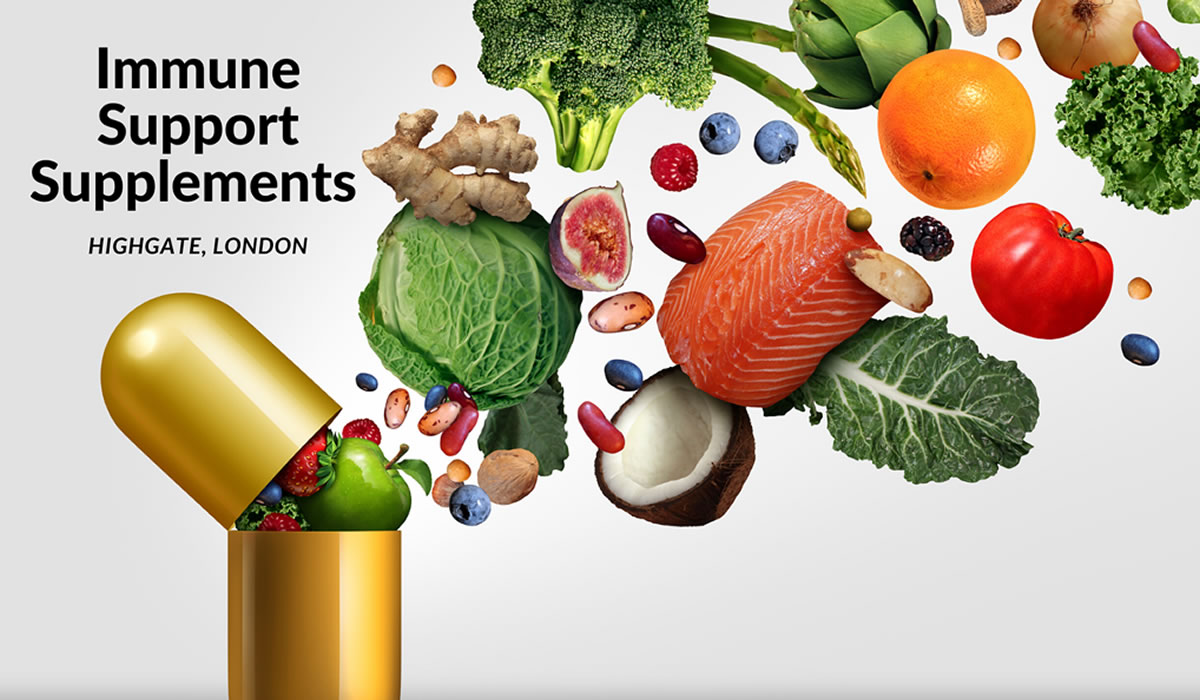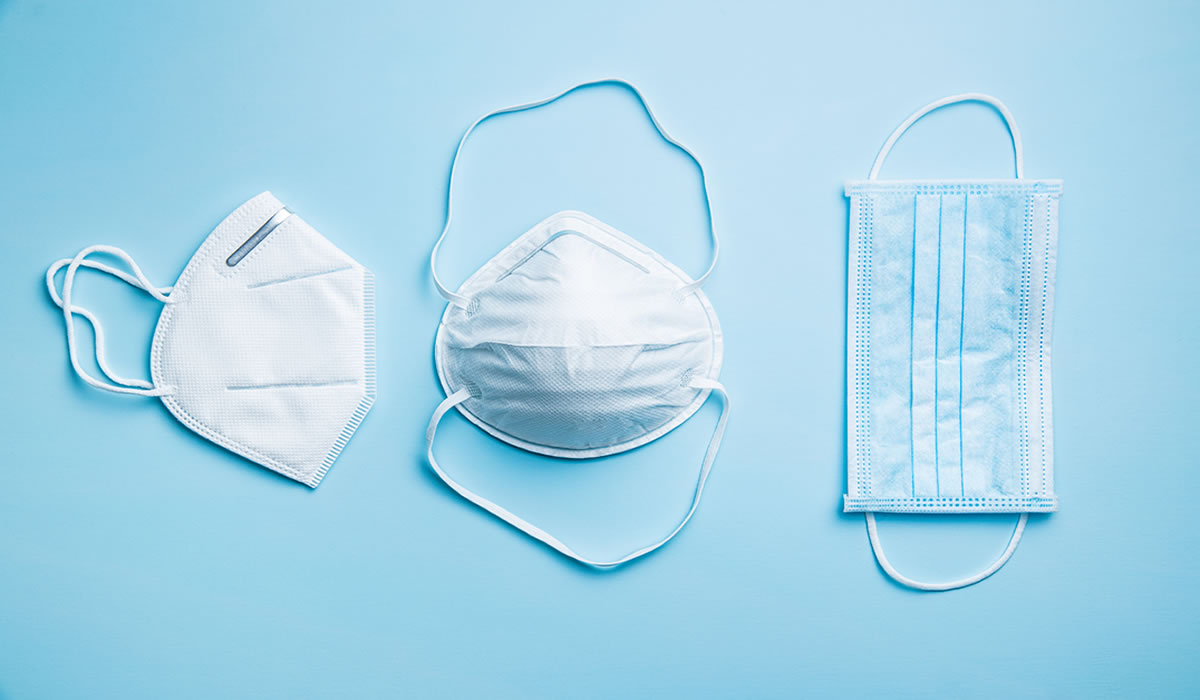
The immune system can be strengthened and supported by:
- A balanced healthy diet, providing lots of fresh, unprocessed foods.
- Healthy lifestyle choices and regular, sensible physical activity
- Certain nutrients and other natural supplements, which can offer additional help and insurance.
- Supporting the health of the gut and the good bacteria.
Bailey and Saunders (Highgate Pharmacy) in Highgate, North London offers a wide range of supplements.
Dietary Suggestions for a Healthy Immune Response
- Choose lots of fresh fruit and vegetables – particularly colourful ones. Fruit and vegetables provide important immune boosting nutrients like vitamin C and beta carotene.
- If you like it, include garlic in your recipes. Garlic contains a compound called allicin which has been shown to possess natural anti-bacterial properties, helping to fight infections.
- Spice it up with some turmeric and ginger. Fresh root ginger can be added to food or used in drinks. Turmeric can easily be added to recipes or again used in drinks, such as ‘golden milk’. Both these spices have natural anti-inflammatory properties and could be helpful for clearing coughs and sinus infections.
- Limit alcohol. Alcohol is known to supress the immune system, and depletes the body of nutrients, so ideally avoid drinking alcohol when you feel ‘run down’.
Nutrients to Support the Immune System
- Vitamin C: Most often associated with oranges, Vitamin C is also found in leafy green vegetables, bell peppers, strawberries and kiwi. Whilst it is reasonably easy to get vitamin C from the diet, it is also water soluble, which means it washes out of the body quickly and easily. Subsequently, it can be worth topping up, especially when cold and flu bugs are flying around.
- Vitamin D: Vitamin D has also been identified as one of the nutrients which keeps the immune system functioning properly. Vitamin D can be produced by the body on exposure to sunlight, but unfortunately most of the UK population are still at risk of low vitamin D levels, especially through the dark winters.
- Selenium: An important trace mineral, which helps to support a healthy immune response. Selenium is found in brazil nuts, sardines, tuna and broccoli. However, it has been found that many of our soils have very low selenium levels, leaving many people at risk of deficiency.
- Zinc: Zinc is one of the most important minerals there is. It helps to support the immune system, assists in wound healing, skin health, fertility and much more. The main food sources of this mineral are oysters, seafood, lean meat and poultry, so perhaps unsurprisingly it is thought that between 12-40% of people have low zinc levels.
Immune Supportive Natural Remedies
As well as nutrients there are other natural approaches which can be helpful in supporting the function of the immune system:
- Beta Glucans: Research has shown that a daily supplement providing yeast sourced beta glucans could help to reduce the number of infections suffered by 25%. Look for a product listing Beta (1,3) Glucans, as this indicates the right source and quality of product for immune support.
- Echinacea: Echinacea is a traditional herbal remedy which can be used to relieve symptoms of the common cold and influenza type infections. It is generally taken at the onset of any symptoms. Echinacea can be safely used alongside any other nutritional products aimed at supporting the immune system, as well as over the counter cold and flu medications.
- Elderberry: Elderberry supplements have been shown to be effective at reducing the symptoms and duration of colds and flu. It is thought that the flavonoids found in elderberry can bind to the flu virus and help transport it out of the body.
Gut Health & Immunity
Hippocrates said: ‘All disease begins in the gut’. Whilst that may not be entirely the case, he may not have been that far out either! Modern research has shown that up to 80% of the immune system comes from the gut and the good bacteria which live there.
Every day that we do not get ill after eating food or putting our hand to our mouth, we have the good bacteria in our gut to thank for it. Our intestinal immune system encounters more ‘baddies,’ and our good bacteria protect us from more illnesses, than any other part of the body.
Key Bacteria in Immune Health
Specific bacteria have been researched for their ability to support a healthy immune system. These bacteria include: Lactobacillus acidophilus, Lactobacillus plantarum and Bifidobacteria animalis subsp. lactis.
Clinical trials have shown these 3 bacteria to be effective in the following ways:
- Bifidobacteria animalis subsp. lactis has been shown to be particularly effective at helping to reduce inflammation in the system, both in acute and chronic illness.
- All three bacteria provide antioxidant protection – helping to protect important immune cells from being damaged.
- Studies have shown that Lactobacillus acidophilus can help to increase numbers of antibodies, natural killer cells and phagocytes.
- Lactobacillus plantarum was used in a clinical trial for people suffering with chronic fatigue syndrome, and provided a 60% improvement in symptoms, and showed a 16% increase in Natural killer cell activity.

